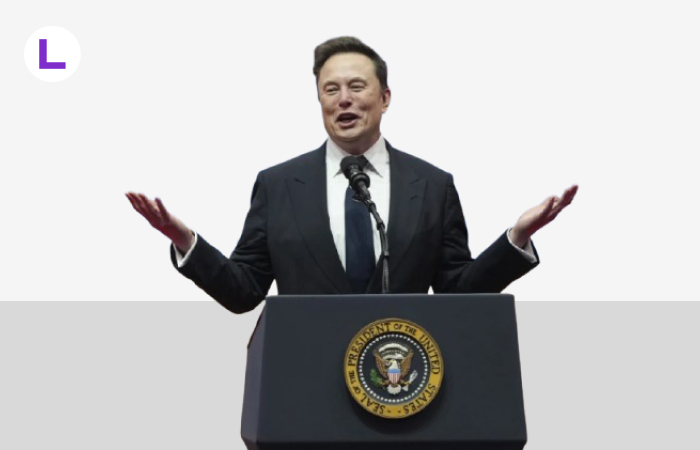The Bank of England (BoE) has decided to keep its benchmark interest rate at 4.5%, citing global trade uncertainties and sluggish domestic growth. In a Monetary Policy Committee (MPC) vote of 8-1, the majority supported maintaining the rate, while one member advocated for a 25-basis-point cut, signaling a cautious approach toward policy easing.
The BoE highlighted concerns over growing geopolitical risks, financial market volatility, and recent tariff changes in global trade policies. These factors have contributed to the central bank’s decision to maintain a stable monetary policy stance for now.
Economic Challenges and Inflation Outlook
The decision follows signs of economic weakness both domestically and internationally. The U.K. economy contracted by 0.1% in January, raising concerns about slowing growth. Additionally, the BoE revised its 2025 GDP forecast down to 0.75%, reflecting a more fragile recovery than expected.
Meanwhile, inflation remains a pressing concern. The BoE projects that consumer price inflation (CPI) will rise to 3.7% in Q3, primarily driven by increasing energy costs. The inflation rate in January stood at 3%, surpassing market expectations and reinforcing the central bank’s cautious approach.
Market Reaction and Expert Analysis
Financial markets reacted swiftly following the BoE’s announcement:
- The British pound fell 0.3% against the U.S. dollar by midday trading in London.
- U.K. government bond yields (gilts) edged lower, with 10-year gilt yields dropping by over four basis points.
Economic analysts observed a more hawkish tone from the BoE compared to its February stance. Paul Dales, Chief U.K. Economist at Capital Economics, stated that policymakers are showing a diminishing appetite for rapid rate cuts and prefer to maintain current levels for now.
Meanwhile, Hussain Mehdi, Investment Strategy Director at HSBC Asset Management, described the decision as a delicate balancing act. “The central bank must navigate between rising inflation risks and weak economic growth,” he noted.
Future Outlook for Interest Rates
The Bank of England reiterated that future interest rate decisions will depend on economic conditions:
- If economic demand weakens further, the BoE may ease monetary policy to prevent a slowdown.
- If inflation remains persistent, driven by rising wages and supply chain constraints, the central bank could maintain its restrictive stance to control price pressures.
This decision also comes ahead of the U.K. Treasury’s Spring Statement on March 26, where Chancellor Rachel Reeves is expected to outline fiscal policies amid rising borrowing costs and growing economic pressures.
With escalating trade tensions and a fragile domestic economy, the BoE’s cautious stance highlights the complexity of balancing inflation control with economic stability.


